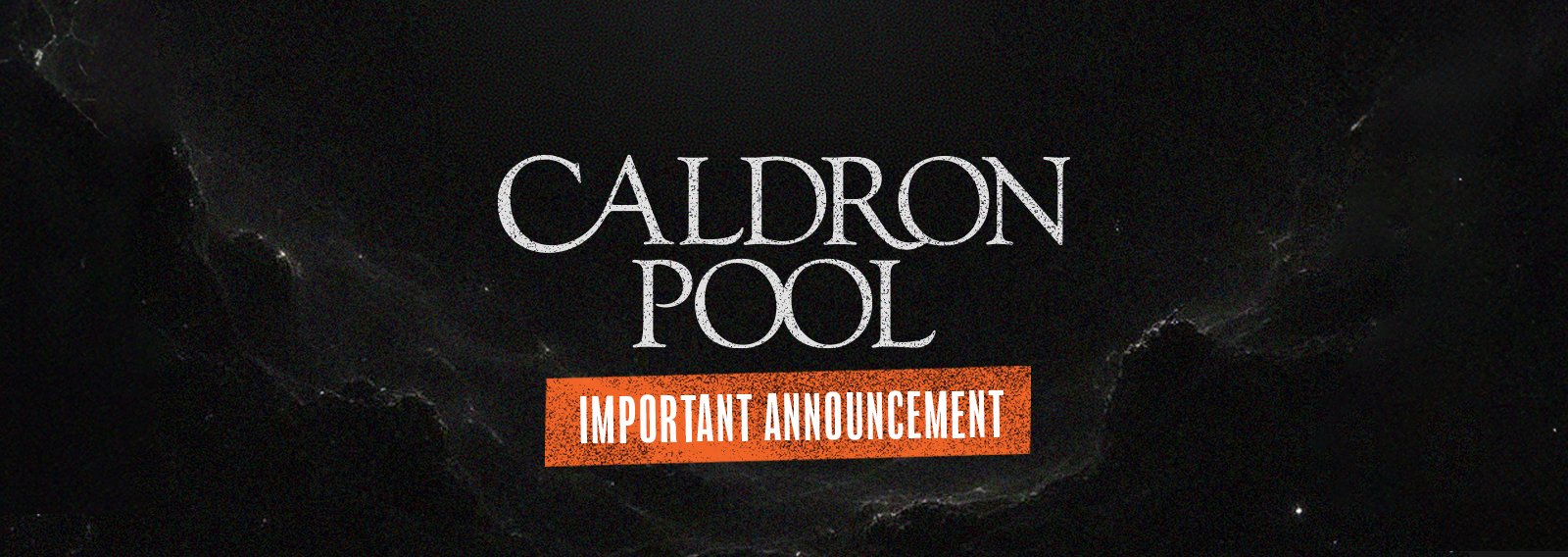In a move backed by both major political parties, the Australian Government has rammed through new hate speech legislation that critics argue is an alarming expansion of state control.
The bill, fast-tracked through the Senate, has been widely condemned for leveraging recent attacks on the Jewish community to justify a sweeping censorship agenda. While proponents claim the law is necessary to combat extremism, its vague language and broadness have raised serious concerns about government overreach and the erosion of fundamental freedoms.
Under previous legislation, prosecutors were required to prove intent—meaning that an individual’s words had to be deliberately aimed at inciting harm. However, the newly passed Criminal Code Amendment (Hate Crimes) Bill 2024 drastically lowers this threshold. Now, individuals can be jailed for so-called “reckless speech.” In other words, if the government deems that your words might lead to violence—even if that was never your intention—you could face criminal prosecution.
This marks a dangerous shift in legal standards. Laws are no longer punishing actions but instead criminalizing the mere possibility that words could, in some vague and indeterminate way, lead to hypothetical harm.
Further, hate speech laws are inherently arbitrary because they rely on subjective interpretations of what constitutes “hate.” Who gets to decide what is hateful? One person’s “hate” may be another’s deeply held belief. Take the Bible, for example. Christians believe it is the Word of God and the ultimate definition of love. Yet, some activists and politicians have labelled certain biblical passages as “hateful.”
In recent years, Christians have lost jobs simply for quoting Scripture. If politicians, unelected bureaucrats, or politically motivated activists are allowed to determine what qualifies as “hate,” then the question must be asked: by what standard? Will it be rooted in an objective measure, or is it nothing more than political and ideological bias?
History demonstrates that once a government claims the power to criminalize speech, it rarely stops at the initial justification. Arbitrary laws are flexible by design, and those in power can manipulate them to suppress political opponents. Could criticism of mass migration be deemed “xenophobic”? Could a sermon on Romans 1 be regarded as “homophobic”? Could a book on the Christian view of gender be considered “transphobic”? The law effectively stifles debate about such topics for fear of prosecution.
For decades, Australians have lived in relative peace, leading many to forget the lessons of history. The truth is, no government—no matter how well-intentioned—should be trusted with the unchecked power to determine what citizens can and cannot say. Arbitrary power in the hands of the political elite has never led to anything good.
If “hate” is to be illegal, Australians deserve to know precisely how it is defined. Who makes the final call? And more importantly, what guarantees exist that the definition of hate won’t be expanded over time to criminalize views that are mainstream today?
What’s more, the bill also introduces a mandatory one-year jail sentence for displaying so-called “hate symbols.” But who determines what qualifies as a hate symbol? Organizations such as the Anti-Defamation League (ADL) have compiled lists that include increasingly broad and often absurd examples, including:
- The Celtic Cross
- Runic Writing
- The phrase “It’s Okay to Be White”
- The word “hate” itself
- Saying “Christ is King”
- Pepe the Frog
- The “Okay” hand gesture
- “White Lives Matter”
- Numbers such as 12, 13, 14, 18, 28, 38, 43, and 83
Teal MP Allegra Spender recently pointed to the phrase “Destroy Paedo Freaks” as an example of the so-called “hate” this bill aims to combat.
This legislation seems to effectively place Australians at the mercy of politicians, political activists and the courts, where subjective interpretations and politically motivated prosecutions will determine their fate. By their very nature, “hate and “reckless speech” are subjective—meaning that any form of criticism or critique could be deemed illegal depending on who is in power and how they choose to interpret the law.
Ultimately, hate speech laws are a convenient tool for silencing dissent. They create the illusion of virtue while providing an avenue to brand ideological opponents as dangerous threats. The reality is, labelling criticism of certain ideas as “hate speech” is not about protecting people—it’s about consolidating control over public discourse.
If there is a genuine assault on freedom in the Western world, this is exactly how it unfolds. As philosopher Albert Camus warned, “The welfare of the people in particular has always been the alibi of tyrants, and it provides the further advantage of giving the servants of tyranny a good conscience.”





















